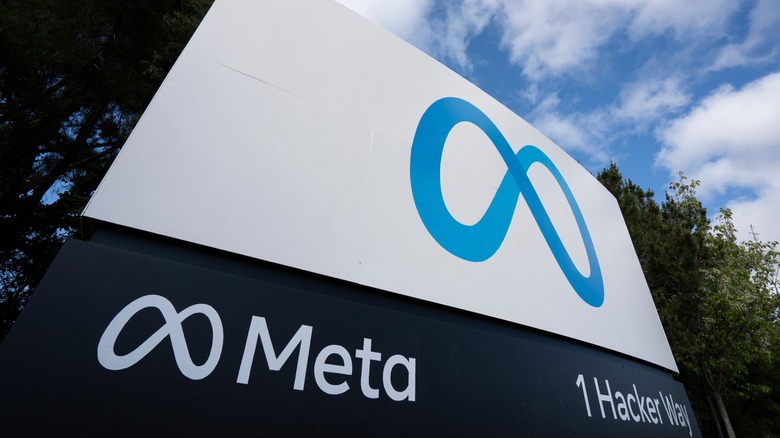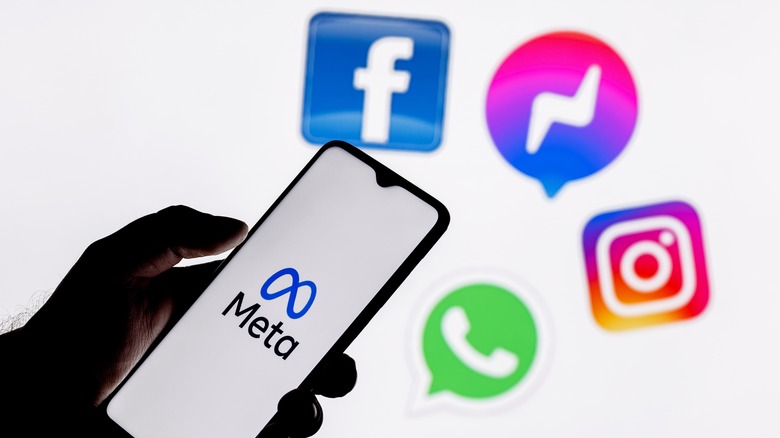Meta Reportedly Plotting An Onslaught Of AI Chatbots With Different Personalities
Meta could launch its own slate of AI chatbots as soon as September to take on the likes of ChatGPT, Bard, and Bing Chat. According to a Financial Times report that cites insider sources, the company plans to deliver a chatbot experience that can hold "humanlike discussions" with users. Notably, Meta publicly released its Llama-V2 large language model just a couple of weeks ago.
The report adds that Meta's AI chatbots will offer different personalities, with one of them aping Abraham Lincoln, for example. The company also hopes to serve an assistive hand with these chatbots, it seems, rather than just offer digital companionship. For example, one of the chatbots currently being tested will help users with travel-related queries.
Meta is internally referring to these chatbots as "personas," likely due to the unique conversational or functional side they bring to the table. Microsoft's Bing Chat also had a hidden Celebrity Mode, but it only mimicked the distinct tonal and verbal patterns of a famous personality, and didn't really make any functional difference.
The Mark Zuckerberg-led company aims to stand out in this regard, as well. "Their purpose will be to provide a new search function and offer recommendations," says the report. However, the focus seems more on offering a fun companion on online social platforms than hardcore productivity like coding assistance.
Meta already has a massive playground ready
It seems odd that Meta is so late to the generative AI game. OpenAI continues to make waves with ChatGPT, while its inherent tech also powers Microsoft's Bing Chat. Google's Bard is already expanding its reach all the way into pro-grade software like Adobe's Photoshop, and might lend its skills to Google Assistant, as well. However, it seems Meta already has a massive advantage in its lap.
The company has a user base worth around 4 billion users across Facebook, Instagram, and WhatsApp ready to lap it all up. In one swoop, Meta could reach more users than its rivals can only strive to after months, or even years' worth of work. Plus, there is already some precedent for the deployment of these AI chatbots across Meta services.
For example, there are multiple ChatGPT bots that you can access on WhatsApp. Some even combine the conversational skills of ChatGPT with the artistic chops of OpenAI's Dall-E image generator. The plan is to eventually port over these chatbots from social media and communication platforms to the metaverse.
On the flip side, generative AI chatbots happen to be a minefield of data, especially with respect to chat preferences and whatever personal details seep into the conversational back-and-forth. While the likes of OpenAI use it to fine-tune its GPT model, putting the same kind of trust in Meta's chatbots would be a leap of faith given the company's chequered history with privacy and data security.

